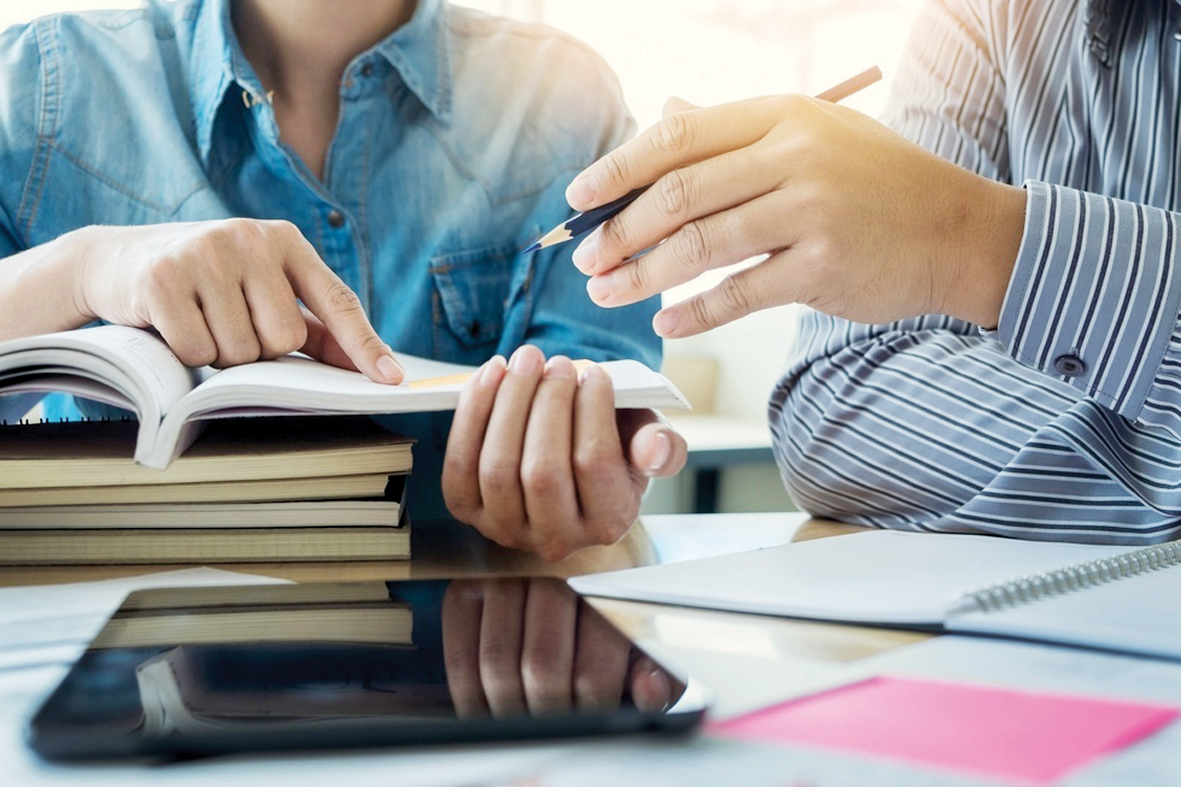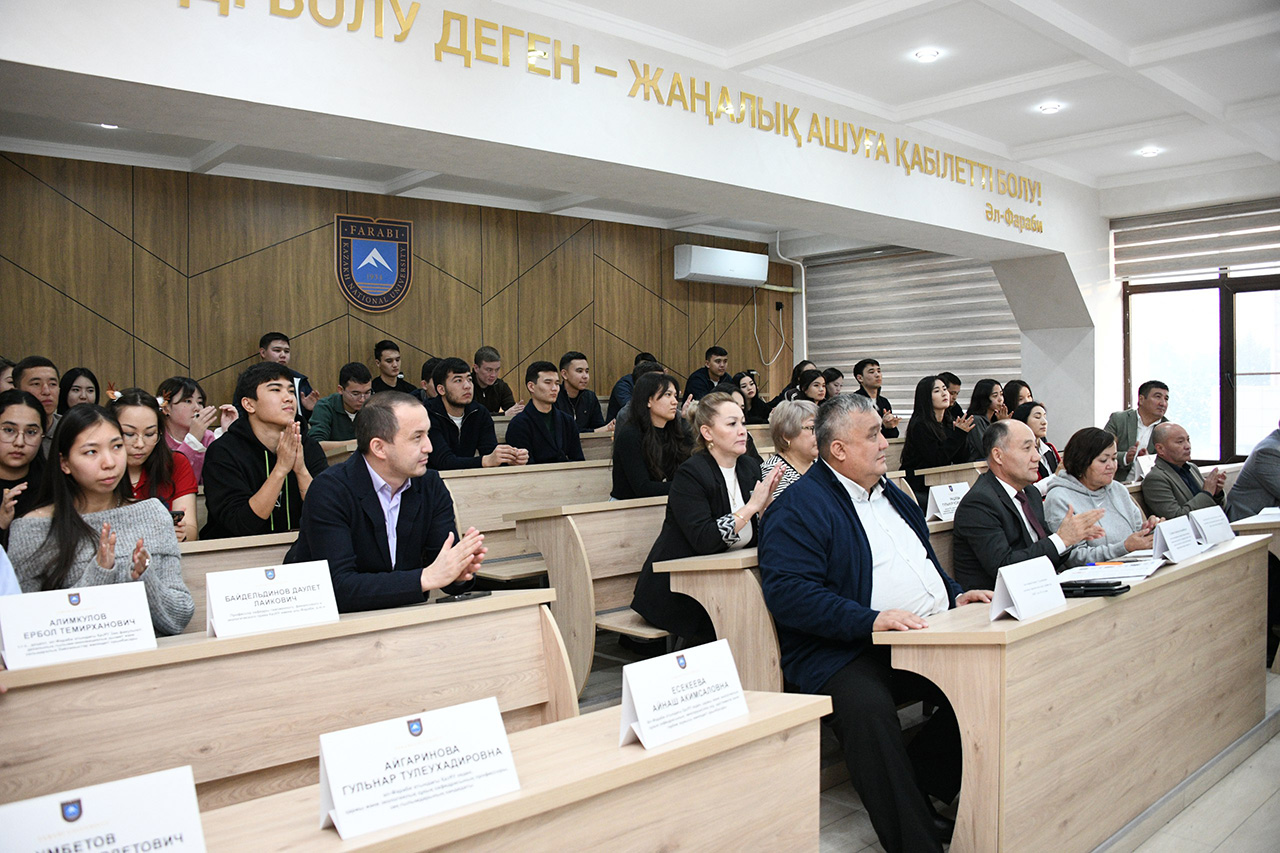On the demand for a 21-century education and skills

In one of his speeches to the people of Kazakhstan, President Tokayev noted that Kazakhstanis need unity, wisdom, and restraint for a bright future. "New Kazakhstan is an image of the future of independent Kazakhstan with highly qualified citizens able to apply their knowledge and skills to develop the country's economy. People who look at the future of their country with confidence will be able to create a strong state".
Today education is a top priority in all developed countries, including Kazakhstan. One of the essential aims of Kazakhstani higher education is to train a specialist with a critical eye on the ongoing global trends and challenges, able to recognize cultural identities and their interactions and communicate effectively with compassion, mutual respect, responsibility, and equality to reach consensus and build harmony in a multicultural society. Essential social needs for effective communication include critical listening, expressing independent opinions, creative cooperating, collaborative problem solving and responsible decision-making upon the massive flow of information.
Al-Farabi Kazakh National University education programs focus on preparing its students for a life of independence and purposeful thought to tackle business and social issues and become active citizens. In particular, the scholars and practitioners of the Foreign Languages department investigate the didactic scenario of training individuals with critical eyes and creative ideas to establish effective collaboration and communication for their professional and personal needs in a contemporary, technologically advanced society. The focus is implementing the 21st-century 4Cs skills (communication, creative, critical, and collaborative) in a pedagogical practice:
- develop young people’s critical discourse;
- develop their argumentative skills with respect and tolerance for opponents;
- encourage students to integrate into social activities;
- master students’ law-based intolerance of any form of violence;
- adhere to the principles of keeping students; consciousness and emotions well-balanced;
- encourage students to give presentations to varied community audiences and how can students be encouraged to use technology and new media to communicate innovatively and effectively;
- create a learning environment that emphasizes collaboration skills and provides students opportunities to work in diverse teams;
- incorporate more creative innovation into lesson plans and encourage students to be more creative and innovative;
- model critical thinking/problem-solving tasks for students;
- think of the kind of learning environment needed to emphasize problem-solving skills, encourage students to be better critical thinkers, etc. class part, and the post-class part. the pre-class part sets the stage for learning where teachers give students specific directions while students make use of the online SPOCs to achieve basic learning goals. They also need to do a specific amount of exercise to check the effect of learning. In classroom learning, teachers. The learning procedure is divided into three subparts, i.e., the pre-class part, the class part, and the post-class part. The pre-class part sets the stage for learning where teachers give students specific directions while students make use of the online SPOCs to achieve basic learning goals. They also need to do a specific amount of exercise to check the effect of learning. In classroom learning, teachers this model promotes the flipped classroom pattern of teaching and learning. The mini-lectures through videos are given to the students to learn before class.
In the class, students and teachers are mainly involved in the activities of analyzing key points, doing exercises, researching on projects, and taking part in group discus changes taking place in spheres of life are challenging the education system, requiring it to “keep pace” with the progress happening in the 21st century. Currently, the times when students are sitting quietly at desks, in neat rows, writing down every word that the teacher says or writes on the board, has long gone into oblivion... Сhanges taking place in spheres of life are challenging the education system, requiring it to “keep pace” with the progress happening in the 21st century. A 21st century education is about giving students the skills they need to succeed in this new world and helping them grow the confidence to practice those skills.
Perizat YELUBAYEVA,
Candidate of pedagogical sciences, associate professor
Foreign languages department
Philology faculty


